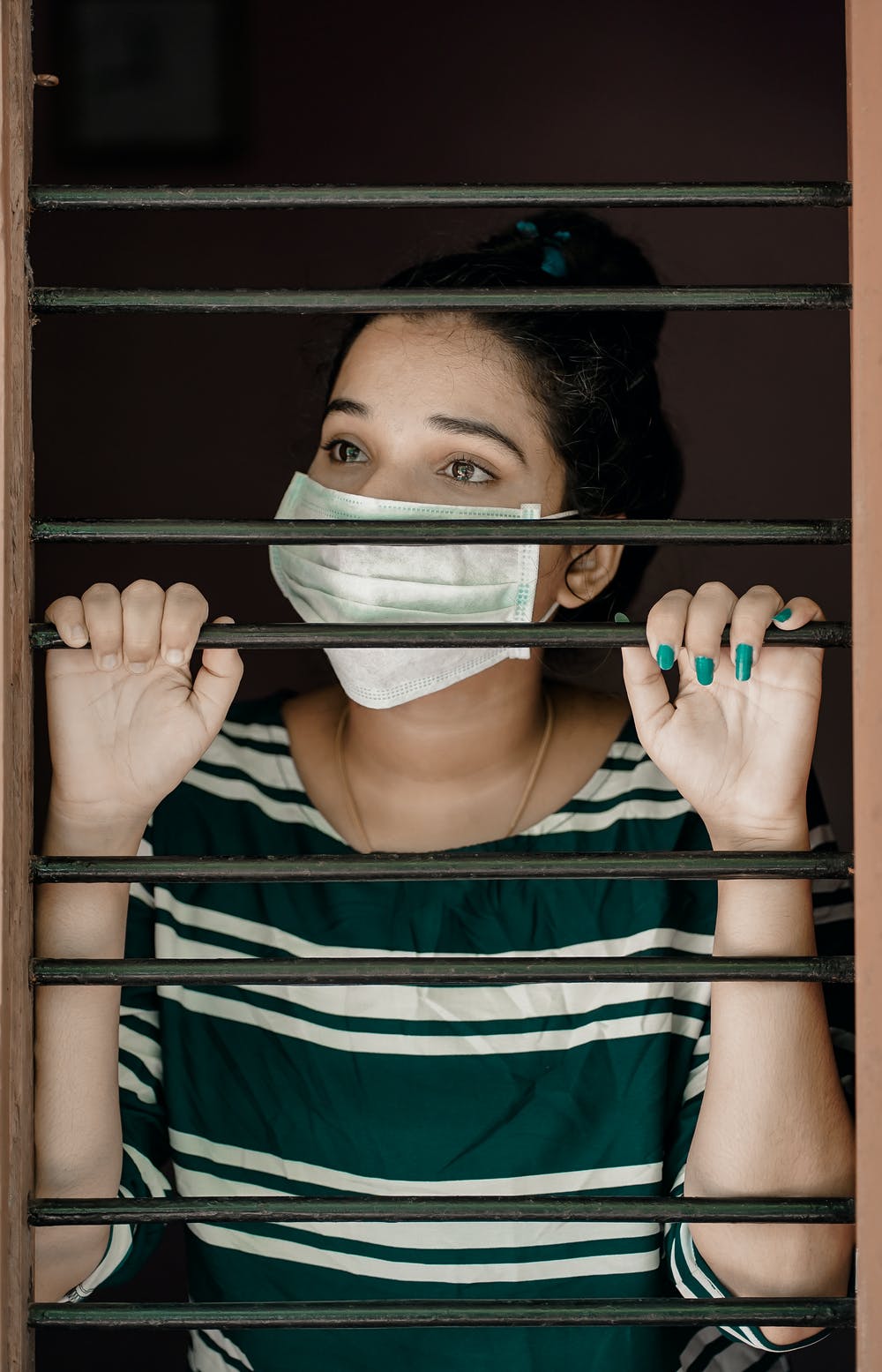If you test positive for #COVID19 or have presumptive symptoms:
1. Stay home. Do not go to the grocery store to pick up bread. Do not stop by the pharmacy to pick up your prescription. STAY HOME! Most of these places deliver if you have no one to help get you these things.
2. Isolate yourself in a single room in your home. ALONE! No one else should enter that room for any reason.
3. If you step outside your room, wear a facemask and try not to touch anything.
4. Only leave your room to go the bathroom. If possible, use a bathroom no one else does. If not possible, no one else should enter that bathroom without wearing a mask and it should be frequently sanitized while wearing gloves.
5. Drink plenty of fluids. You can become dehydrated from fever.
6. If someone brings you your meals or whatever you need, they should leave it outside the door and not enter your room.
7. Stay connected. Just because you are isolated doesn’t mean you need to be alone. This is the 21st century and you can stay in touch on social media, viper, WhatsApp, text, email, and a host of other electronic means.
8. Let people know how you are doing. Everyone is worried about you. Let them know honestly how you’re doing.
9. Don’t rush to the ER when you develop symptoms. Only approximately 15% of COVID + patients need to be hospitalized. By going to the ER, you are overwhelming the system and exposing yourself to COVID if you do not in fact have it.
10. Call your primary care doctor. Many of us are still here treating patients. We can help manage your symptoms and answer your questions. We can also help you decide when you do need to go to the ER.
11. Educate yourself. There are several experimental treatments available now, mostly for those who are critically ill. Know what they are before you become critically ill.
12. Don’t panic. Statistically, you’ll be fine and recover.
13. Even if you are fine, remember that some people won’t be. They need our compassion now. Over 80,000 people have died in the US in a few weeks span of time.
14. Don’t rush back to work. We still don’t know much about the immunity built by this infection. Many people are returning back to work and that is a good sign. Discuss this with your primary care doctor and only return when you feel 100% back to normal. The CDC has issued return to work guidelines. However, just my opinion, they don’t cover all patients.
15. Be nice to your healthcare workers. These days are tough on us.



Excellent and concise advice for everyone to follow, including #15 that doesn’t always get stated.